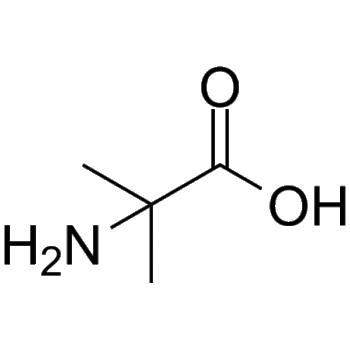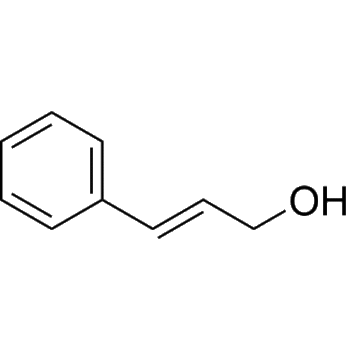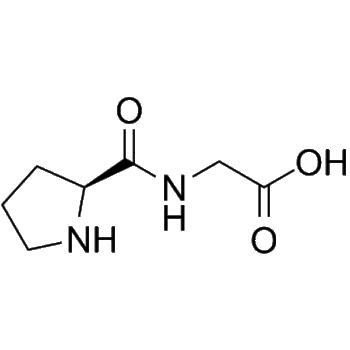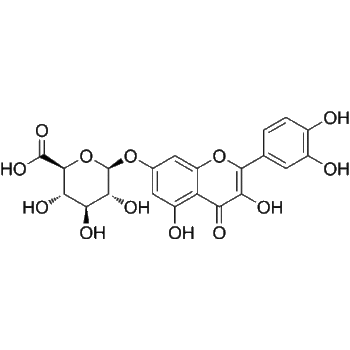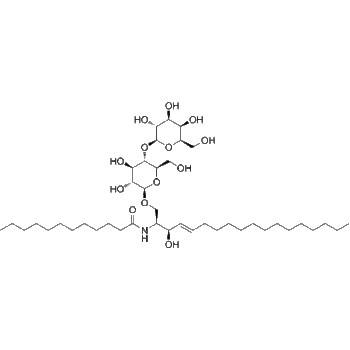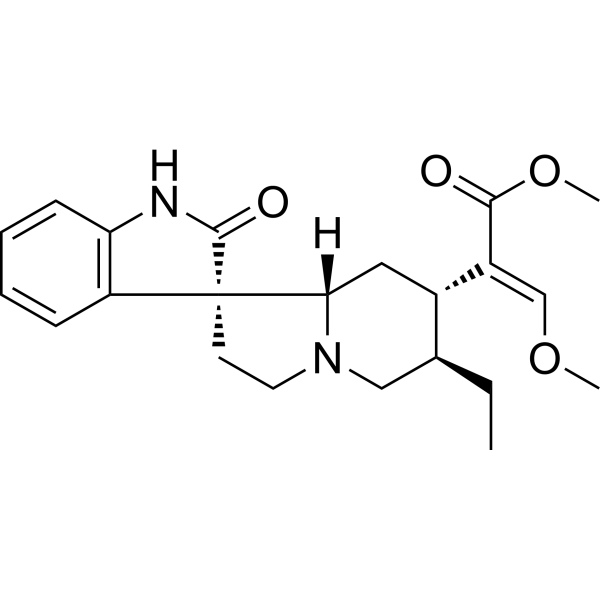
Download Files:
Rhynchophylline
$60 – $350
Products Details
Product Description
– Rhyncholphylline is an alkaloid compound isolated from Uncaria rhynchophyllum. Rhyncholphylline is an EphA4 inhibitor. It has high biological activity and is widely used in anti-inflammatory, neuroprotective and other research.[1][2][5][6].
Web ID
– HY-N0387
Storage Temperature
– -20°C, 3 years; 4°C, 2 years (Powder)
Shipping
– Room Temperature
Molecular Formula
– C22H28N2O4
References
– [1]Dan Yuan, et al. Anti-inflammatory effects of rhynchophylline and isorhynchophylline in mouse N9 microglial cells and the molecular mechanism. International Immunopharmacology
Volume 9, Issues 13–14, December 2009, Pages 1549–1554|[2]Houcai Huang, et al. Neuroprotective Effects of Rhynchophylline Against Ischemic Brain Injury via Regulation of the Akt/mTOR and TLRs Signaling Pathways. Molecules 2014, 19 (8): 11196-11210; doi:10.3390/molecules190811196|[3]Tai-Hyun Kang, et al. Protective effect of rhynchophylline and isorhynchophylline on in vitro ischemia-induced neuronal damage in the hippocampus: putative neurotransmitter receptors involved in their action. Life Sciences
Volume 76, Issue 3, 3 December 2004, Pages 331–343|[4]Kinzo Matsumoto, et al. Suppressive effects of isorhynchophylline on 5-HT2A receptor function in the brain: Behavioural and electrophysiological studies. European Journal of Pharmacology
Volume 517, Issue 3, 11 July 2005, Pages 191–199|[5]Yang Y, et al. Rhynchophylline suppresses soluble Aβ1-42-induced impairment of spatial cognition function via inhibiting excessive activation of extrasynaptic NR2B-containing NMDA receptors. Neuropharmacology. 2018 Jun;135:100-112. |[6]Fu AK, et al. Blockade of EphA4 signaling ameliorates hippocampal synaptic dysfunctions in mouse models of Alzheimer’s disease. Proc Natl Acad Sci U S A. 2014 Jul 8;111(27):9959-64.
CAS Number
– 76-66-4
Molecular Weight
– 384.47
Compound Purity
– 99.94
SMILES
– O=C(NC1=C2C=CC=C1)[C@]32[C@@](C[C@H](/C(C(OC)=O)=COC)[C@@H](CC)C4)([H])N4CC3
Clinical Information
– No Development Reported
Research Area
– Neurological Disease
Solubility
– DMSO : 25 mg/mL (ultrasonic)
Target
– NF-κB
Pathway
– NF-κB
Product type
– Natural Products
Disclaimer: All products are for Research use only unless clearly stated otherwise on the product datasheet. Datasheets provided on the website are drafts for reference purpose only and you are requested to always refer to the hard copy included in the kit for your experimentation. Agdia Products are available for delivery only in Canada.
